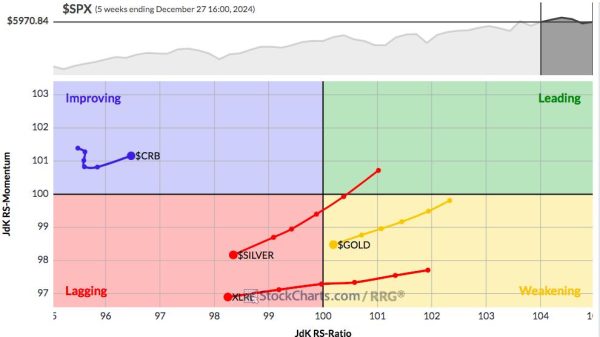Brent Skorup and Laura Bondank
Todd and Heather Maxon live on five acres of land in northern Michigan and Todd fixes up old cars on the property in his spare time. Todd’s hobby, and their Township’s regulation of it, has resulted in a major legal fight that has gone before the Michigan Supreme Court twice in recent years. In a May 2024 decision, Long Lake Township v. Maxon, the Michigan Supreme Court issued a major ruling against the Maxons, holding that when the government unconstitutionally gathers evidence in regulatory investigations, in some cases that evidence can still be used in court.
The issues started years ago when to avert a citation from the Township, the Maxons agreed to cap the number of immobilized cars on their property. Around 2018, however, the Township investigated tips that Todd had more cars than the agreement allowed. The Township couldn’t prove a violation with a visual inspection from a public roadway, so municipal officials hired a private drone company to fly the drone in and around the Maxon property to gather evidence. After doing this on three separate occasions—each time without a warrant—the Township had enough video and photographs to bring a civil zoning action against the Maxons.
Rather than accept the citation, the Maxons sued in state court and moved to exclude all evidence resulting from the warrantless drone surveillance. In criminal cases, judges generally exclude all evidence gathered unconstitutionally—the “exclusionary rule.” The rule incentivizes law enforcement to act legally and get warrants. So, the Maxons argued that the Township violated the Fourth Amendment, which protects against “unreasonable searches,” and the evidence should be excluded. An appeals court agreed and ruled the drone footage inadmissible.
Unsatisfied with this outcome, the Township petitioned the Michigan Supreme Court for review. In 2022 the Supreme Court vacated the Court of Appeals’ opinion and sent the case back, asking them to address the issue of “whether the exclusionary rule applies to this dispute.”
Unfortunately, the Court of Appeals did not side with the Maxons the second time. The court held that the exclusionary rule did not apply to the Maxons’ case because it is a civil—not a criminal—matter. This time, it was the Maxons who petitioned the Michigan Supreme Court for review, asking them to decide two important questions: Was the Township’s warrantless drone surveillance of their property an unreasonable search in violation of the Fourth Amendment? And if so, does the exclusionary rule apply?
The Cato Institute, along with the Rutherford Institute, submitted an amicus brief arguing that the drone surveillance was an unreasonable search and that the evidence should be excluded. This month, however, the higher court agreed with the appeals court: the exclusionary rule does not apply in zoning cases like the Maxons’. Strangely, it declined to address whether the drone search was “an unreasonable search,” a relevant consideration in its exclusionary rule analysis.
The Michigan Supreme Court said that the exclusionary rule applies in criminal investigations but only in certain civil investigations. In civil cases, “it is clear that application of the exclusionary rule ‘involves weighing the costs and benefits in each particular case.’” For this case, the calculation was simple: there were no benefits to exclusion in this case, the court said.
Finding no benefits to exclusion in this case is odd because the court declined to rule whether the search was unconstitutional. If the court had found the search was unconstitutional, there clearly would be a benefit to exclusion: the Maxons would have their Fourth Amendment rights protected via an evidentiary benefit at trial.
The court added, “it is unreasonable to believe that excluding the photographs and video would deter future misconduct by law enforcement or any other actor in any way.”
However, if the court had instead excluded the evidence here, it would have put all state officials on notice that evidence acquired in civil investigations without a warrant would be inadmissible. It seems self‐evident that such a holding would deter regulators from engaging in warrantless searches.
In the end, the Maxons lost. The videos and photos of their property, even if gathered unconstitutionally, can be used against them. So, when regulators and law enforcement officers gather evidence of civil violations—like code enforcement, tax compliance, and domestic disturbances—without a warrant, is that evidence admissible in court? The Michigan Supreme Court seems to say—it depends. The decision is not clear nor protective of residents’ privacy expectations. Unfortunately, it seems likely to invite more warrantless searches from Michigan regulators and law enforcement officials.
























